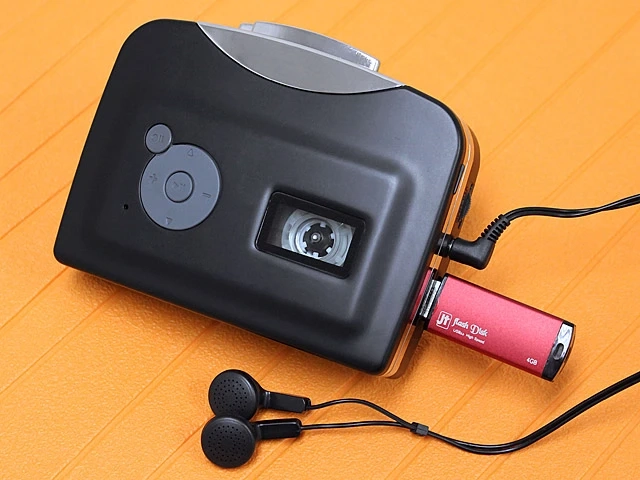Cassette were very popular once, but technology has since drastically changed how we listen to music and other audio. Although nostalgic, cassettes are no longer useful, and there are few ways to play them. You can keep digital files safe for as long as you need to. Over time, the condition or quality does not deteriorate. Analog files, on the other hand, tend to degrade over time. Deterioration or an accident could cause this.
It becomes really challenging to keep them. However, you can now mp3-encode an outdated tape. Many people are interested in thinking about converting audio cassette to mp3 in order to preserve their longevity, improve audio accessibility, and make sure you can listen to your audio recordings. Here, we discuss the three main advantages of converting your cassette to mp3.
Give Your Audio LongevityUnfortunately, cassettes were not designed to last a lifetime. In fact, the repetitive winding and rewinding required to play cassette tapes creates stress on the magnetic tape inside, which eventually degrades. Some cassettes become unreadable when their felt pressure pads come off, and the tape itself is easily breakable.
Contrarily, if properly stored or backed up to the Cloud or an external hard drive, CDs and digital material can survive centuries. When you correctly preserve CDs, you won't have to worry as much about deterioration; and when you transfer digital files like mp3 to the cloud, you greatly reduce the likelihood that your music and recordings will perish due to theft, accident, or natural disaster.
Enjoy Listening AccessibilityAdditionally, converting cassette to mp3 and digital formats greatly increases the accessibility of your audio. You may easily listen to your music on a CD player, on your computer, or even on your mobile device rather than looking for an outdated cassette player, which is difficult to find these days. You can also avoid worrying about an outdated tape player harming your tapes.
Your audio will be readily available to you after digitisation. Additionally, you won't need to look for a location to keep digital assets. They'll be preserved on your hard drive or ready and waiting for you someplace in the cloud. You may simply store and organise information using digital files, so you won't have to waste time looking for the proper cassette tape.
Continue to Support Audio Format FunctionalityFinal point: By digitising your audio cassette tapes, you'll have a lot more useful audio format that makes listening, storing, and modifying music much simpler. If not handled carefully, audio cassette tapes can be flimsy and prone to breaking. You don't need to wait for the tape to rewind to listen to your audio repeatedly when you have CDs and digital files.
You can play the music as many times as you like by simply pressing the rewind button on your CD player or sliding the audio back to the beginning on a computer, tablet, or phone. You will also be able to share your digitised tape audio with friends and family and tweak previous recordings to your preferences, especially with digital files.
Conclusion
Your audio cassette cassettes should definitely be digitalised. You can combine the audio from your cassette tape recordings with digital data to produce a listening experience for your old band mates or the whole family.
You'll be happy you switched from cassette to mp3 because of the improved longevity, use, and accessibility. You may easily listen to and store your music and recordings for years to come by digitising your audio cassette to mp3 or any contemporary digital format.



